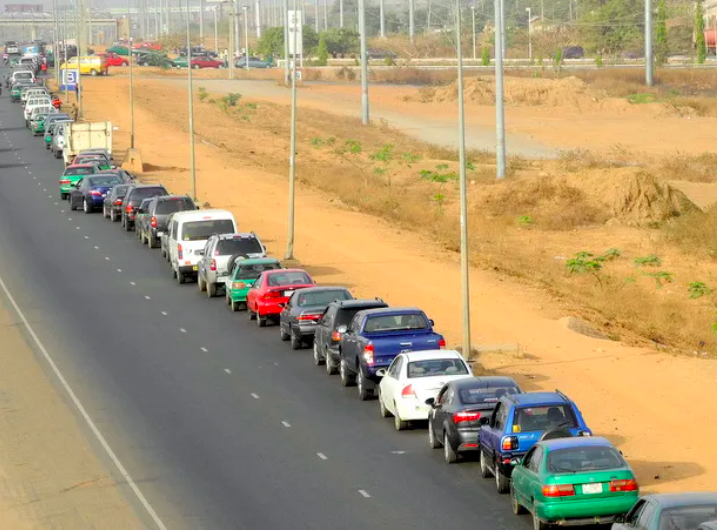News
Nigeria to begin a gradual removal of petrol subsidy three months ahead of the initial plan

The Federal Government may begin a gradual removal of the petrol subsidy from April 2023, about three months ahead of the initial plan to effect a complete stop to the expenditure head.
Mrs Zainab Ahmed, Minister of Finance, Budget and National Planning, who dropped this hint on Tuesday during an interview with ARISE TV on the sidelines of the World Economic Forum in Davos, Switzerland, also said the subsidy removal appears to be the position of all contestants to the leadership of the country in their political campaigns for next month’s general elections.
She stated: “What will be safer is for the current administration to, maybe at the beginning of the second quarter, start removing the fuel subsidy, because it’s more expedient if you remove it gradually than to wait and move it all in one big swoop”.
After an 18-month extension, the Federal Government plans to spend N3.35 trillion on petrol subsidies from January till June 2023.
The extension, however, generated widespread debate on the expediency of such expenditure as it will increase the budget deficit of the FG which would be financed through additional borrowing and hence further rise in the nation’s public debt which stood at N44.06 trillion as at end of September 2022.
According to the World Bank and the International Monetary Fund, the removal of fuel subsidies is one of the fiscal reforms urgently needed to lift Nigeria’s development outcomes, which are severely constrained by the inefficient use of resources.
Speaking in this regard, World Bank President, Mr David Malpass, said: “Nigeria’s government urgently needs to strengthen fiscal management, create a unified, stable market-based exchange rate, phase out its costly, regressive fuel subsidy and rationalize preferential trade restrictions and tax exemptions.”
He spoke while commenting on a World Bank report launched in November last year, titled: “Nigeria Public Finance Review: Fiscal Adjustment for Better and Sustained Results,”
Similarly, the IMF, in a statement at the end of its Article IV consultation with Nigeria in November, said: “Directors also urged the removal of untargeted fuel subsidies, with compensatory measures for the poor and transparent use of saved resources. They stressed the importance of further strengthening social safety nets.”






